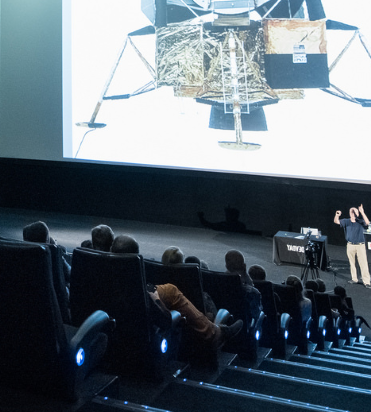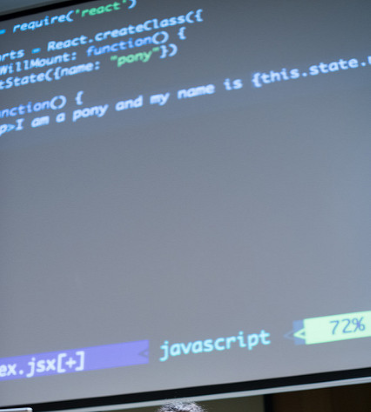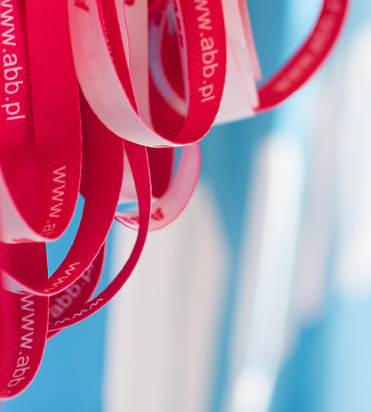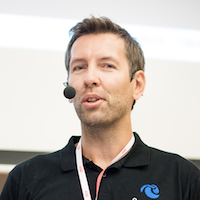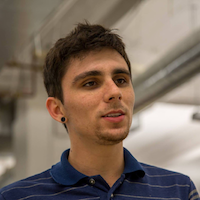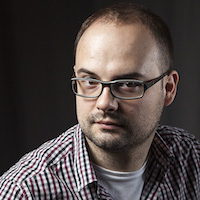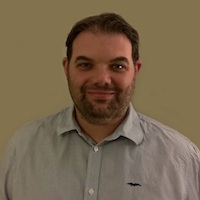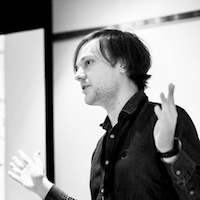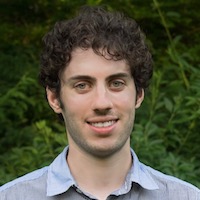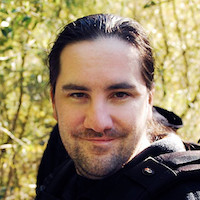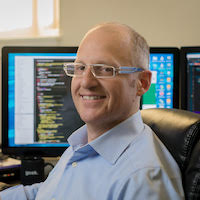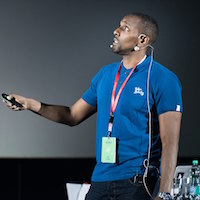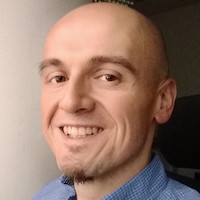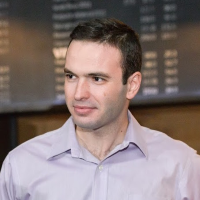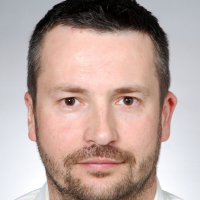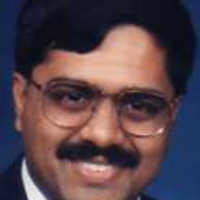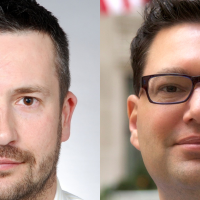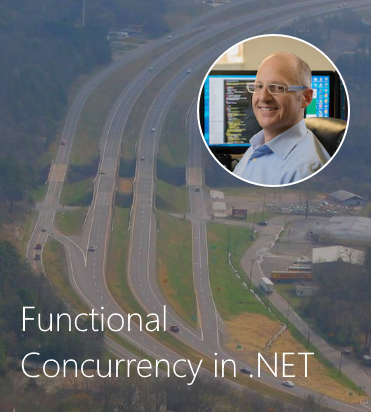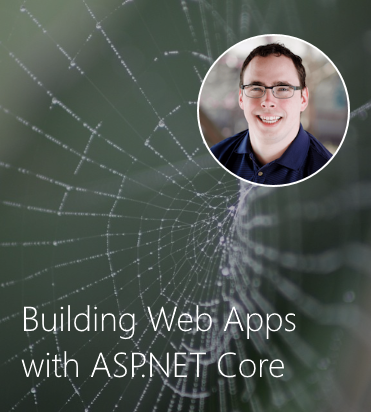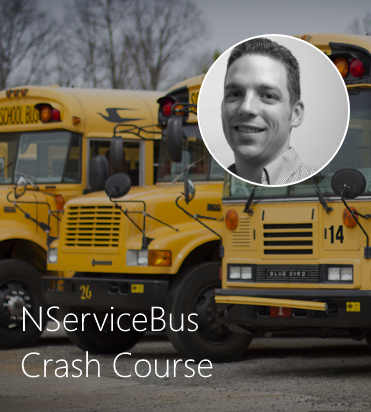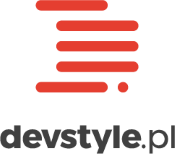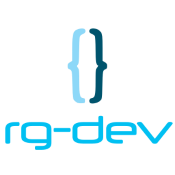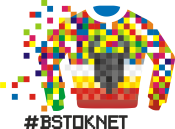The collection of modern web browsers APIs and set of best practices on creating the applications turned into a new software creation methodology called Progressive Web Apps (PWA). The Service Worker API is a key API of the whole concept. Let me unleash its power for you! But with great power comes great responsibility - trivially, but true: I’ll show the examples of how easy the “Progressive” part of the PWA term could become “Regressive”, how to fix this, and how to test our Service Worker before deploying your app.
First, we’ll go through the well-known PWA functionality (App Shell, Offline Cache, Push) with focusing on the pitfalls we could easily get into, and how to avoid these.
Next, I’ll expand your horizons with the new PWA features, like Foreign fetch, Periodic sync, Navigation Preloads. And again - “handle with care”. I’ll share the points we have to pay attention to, as well as best practices.
As a practical result, you will get a full overview of basic and advanced Service Worker features, as well as knowledge on how to solve a real life project issues in the best possible way.
BONUS: I’ll share the latest additions to Service Worker and satellite APIs, so you will be ready to build the applications for the future!
Maxim Salnikov

